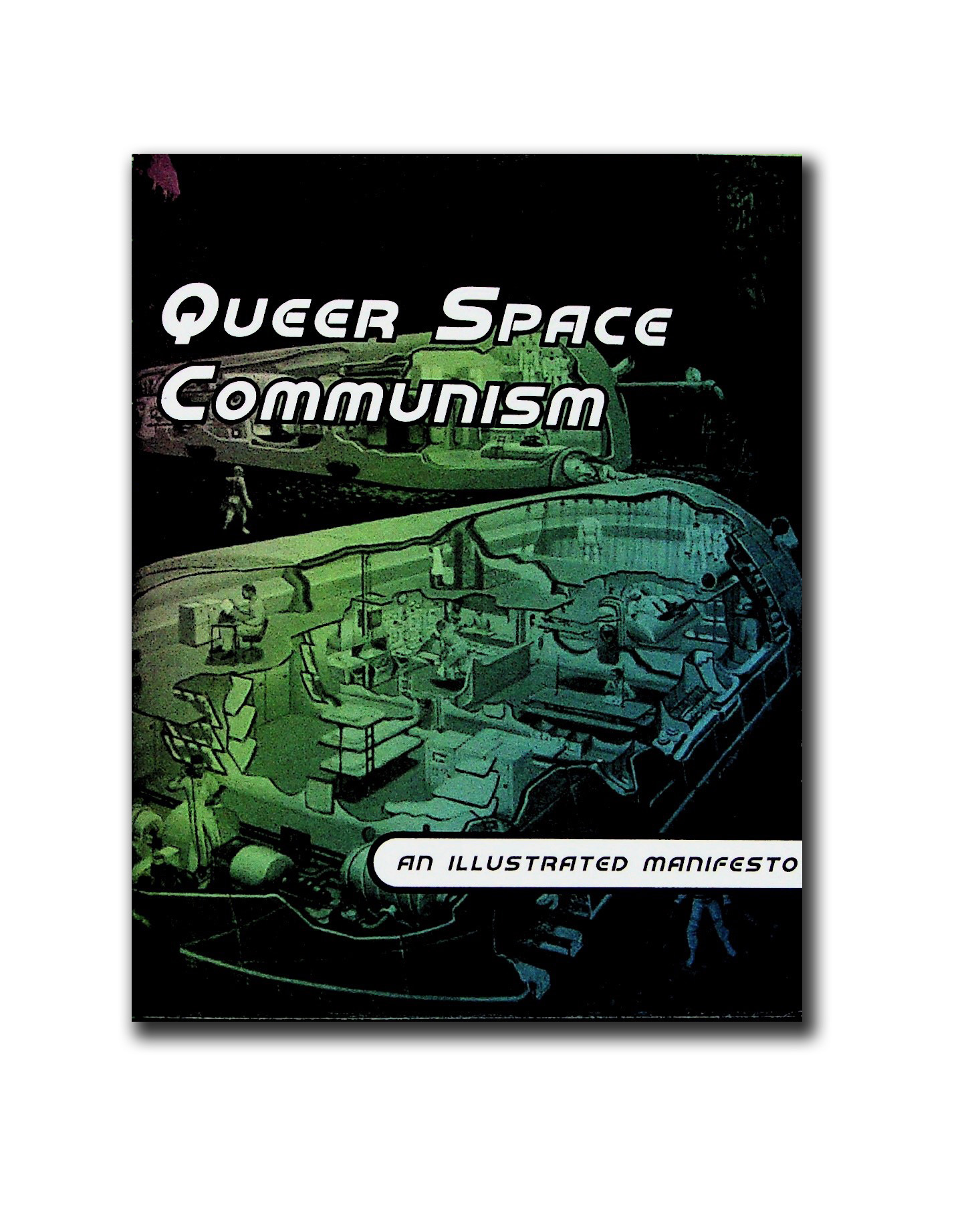 Happy International Zine Month! Every year our friend Alex Wrekk, who started IZM, puts out a list of daily activities for the month of July that are zine related. This year’s poster was designed in collaboration with their pal Zineville and their mascot Mr Chompy.
Happy International Zine Month! Every year our friend Alex Wrekk, who started IZM, puts out a list of daily activities for the month of July that are zine related. This year’s poster was designed in collaboration with their pal Zineville and their mascot Mr Chompy.
Below is the text of the poster, which can be downloaded from here. Have a very happy and safe IZM! Make cool zines and share them! Send us LGBTQ+ zines to include in the archive!
- What is a zine? Make a definition in your own words and share it.
- Zine Rewind! Re-read your favorite zines, and share why you love them so!
- Cook 1 recipe or complete 1 DIY project found in a zine!
- AmeriZine Day! Explore marginalized voices in the Americas. Buy, share, and read zines that celebrate racial justice and zines written by BIPOC (Black Indigenous and People of Color) from the Americas.
- Try a new way if folding a 1 page zine or, create your own.
- Zine Pride Day! Explore LGBTOIA+ zines! Вuy, share, & read zines by people of marginalized sexual orientations and gender identities. Check out the Queer Zine Archive Project (HEY, That’s US 😀 )
- What’s a zine distro? Educate ourself of what zine distros are, how they operate, and how they pick zines to carry. Support a distro near you!
- Look into upcoming zines in events in real life or virtual events that you can attend! When else are you going to be able to attend a zine event in a different city or even country for free?
- Buy direct! Do you sell zines online? Update your shop and post a link to it online. Or Buy directly from someone who posts a link to their shop.
- RPG zines are a blast!! Find or make your own role play adventure zine!

Lucky #13: This was the zine superstition that WE made up in 2021! - International Zine Day! Read a zine from a country different from your own.
- ZineWiki Day! It’s a wiki just for zines! Add to or update listings to the new and improved zinewiki.com
- Make up a zine superstition and share it (skip the 13th issue? Spin 3 times to prevent copier jams? Your best friend reads your zine first?)
- ValenZines Day! Give yourself some zine love! • read zines in a bubble bath? Buy some new scissors? Let your zine friends know you care about them.
- Free Zine Day! Offer your zine for free online or –if it’s safe to do so where you are – leave zines in public places for strangers to find and enjoy.
- Make a list of reasons you love zines and share your list with others!
- Make a flyer for yourzine to trade, send out with zine orders & trades.
- Zine Trade Day! Ask someone to trade or swap zines with you.
- Zine Distro Appreciation Day! Tell people about/order from a zine distro.
- Talk about a thing you learned in a zine.”I once read in a zine that…”
- Check out YouTube channels & TikTok creators about zines.
- Zine Library Day! Search for a zine library in your area and make plans to go someday or contact them about how to include your zine in their collection.
- Tell 5 people about zines… The more the merrier!
- Teach yourself a new zine skill. Extra points for using a tool you never have before!
- Make a zine for a non-profit cause!
- Organize your zine collection. Post a SHELFIE online.
- Ask a zine friend if they would like to do a split zine or collaboration.
- Read or create a mini-comic zine
- Write out a list of zine ideas and use a random way of selecting one to make! (D20 dice work great, but get creative!)
- Write a letter or online post about your #IZM2023 experience!
- HallowZine! Remember zines and zinesters that are no longer with us.
Throughout the month bonuses:
– Read a zine a day
– Do the 24 Hour Zine Thing (make a zine to your skill level in 24 hours)






 My 2nd Lesbian Colouring Book
My 2nd Lesbian Colouring Book In exchange for the reader’s Sapphic graphics, they offer a “care package including herbal tea and a mix tape” which feels so perfectly lesbian it makes us all warm inside.
In exchange for the reader’s Sapphic graphics, they offer a “care package including herbal tea and a mix tape” which feels so perfectly lesbian it makes us all warm inside.


 Today is World AIDS Day, and while we’re not “celebrating”, per se, we are acknowledging the day, and the incredible impact this stupid fucking virus has had on our lives, our friends, our communities, and the whole damn world. In this vein, we present
Today is World AIDS Day, and while we’re not “celebrating”, per se, we are acknowledging the day, and the incredible impact this stupid fucking virus has had on our lives, our friends, our communities, and the whole damn world. In this vein, we present  At the beginning of November we quietly celebrated the 19th anniversary of the launch of qzap.org. Back in 2003 we had no idea that this project would last as long or be as meaningful to so many amazing folks as it has become.
At the beginning of November we quietly celebrated the 19th anniversary of the launch of qzap.org. Back in 2003 we had no idea that this project would last as long or be as meaningful to so many amazing folks as it has become.
